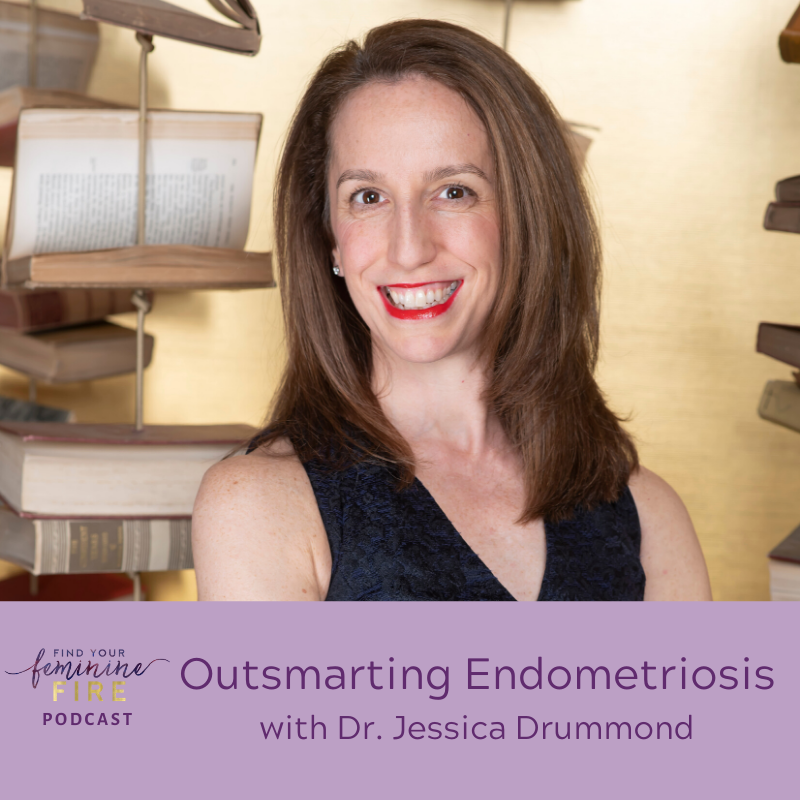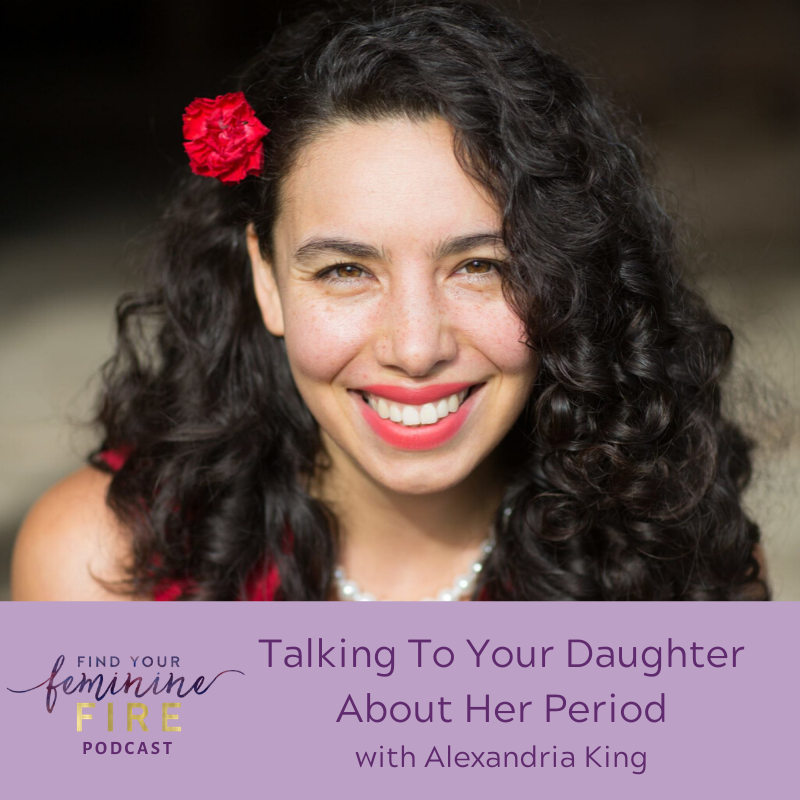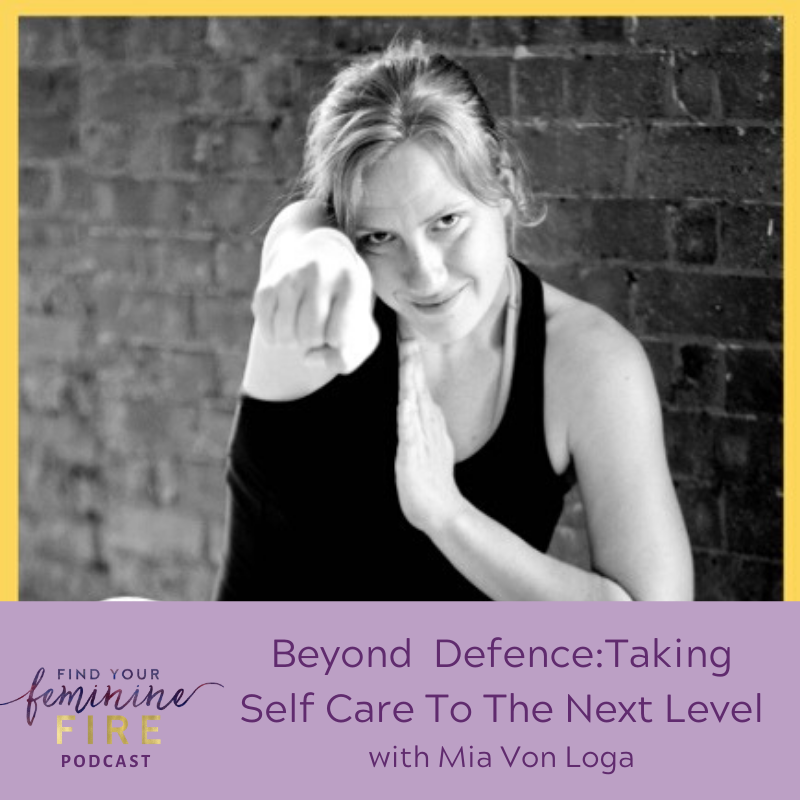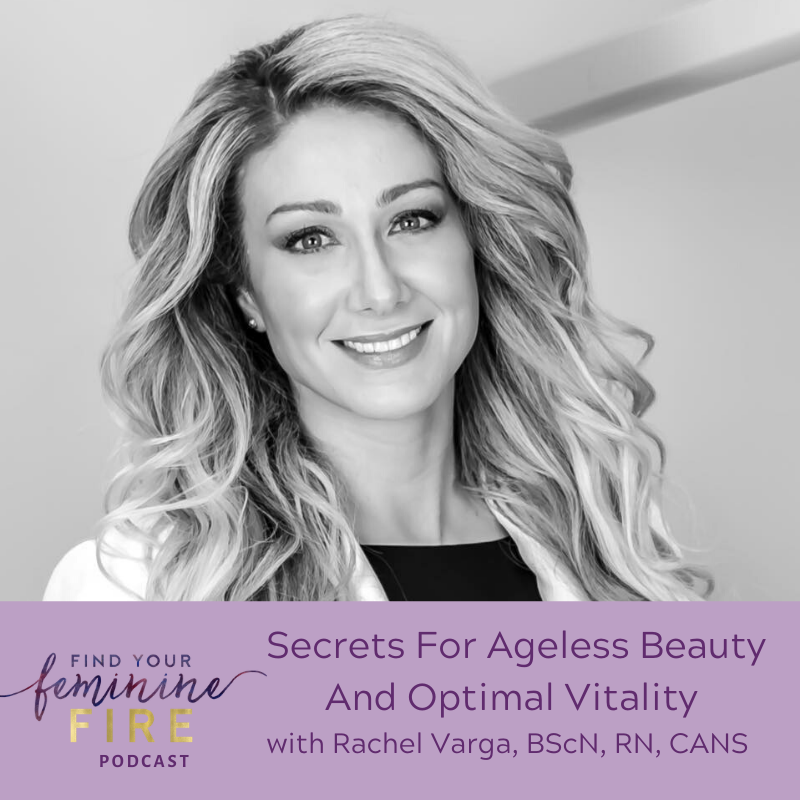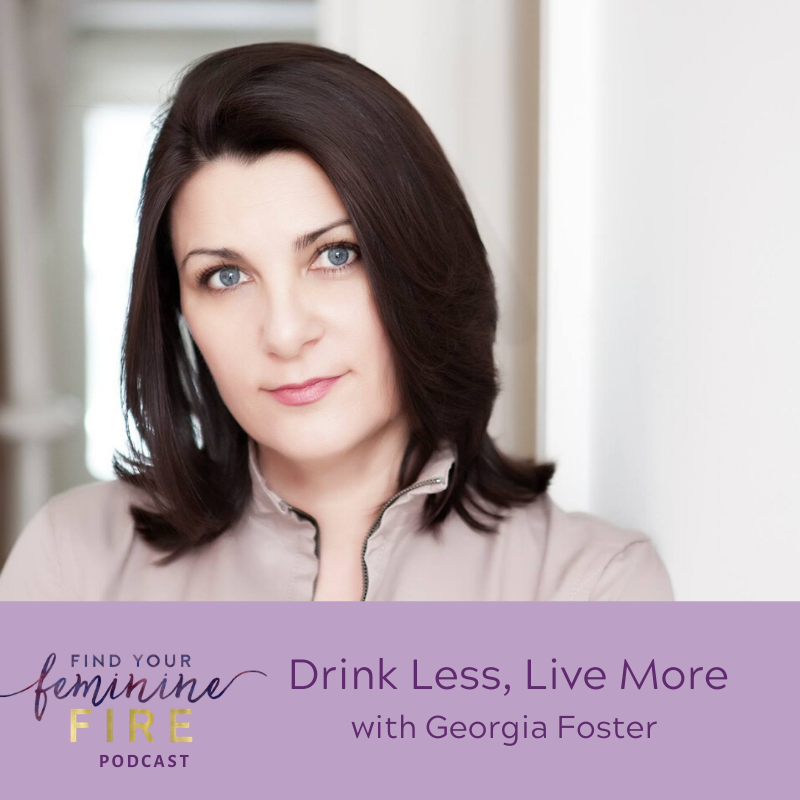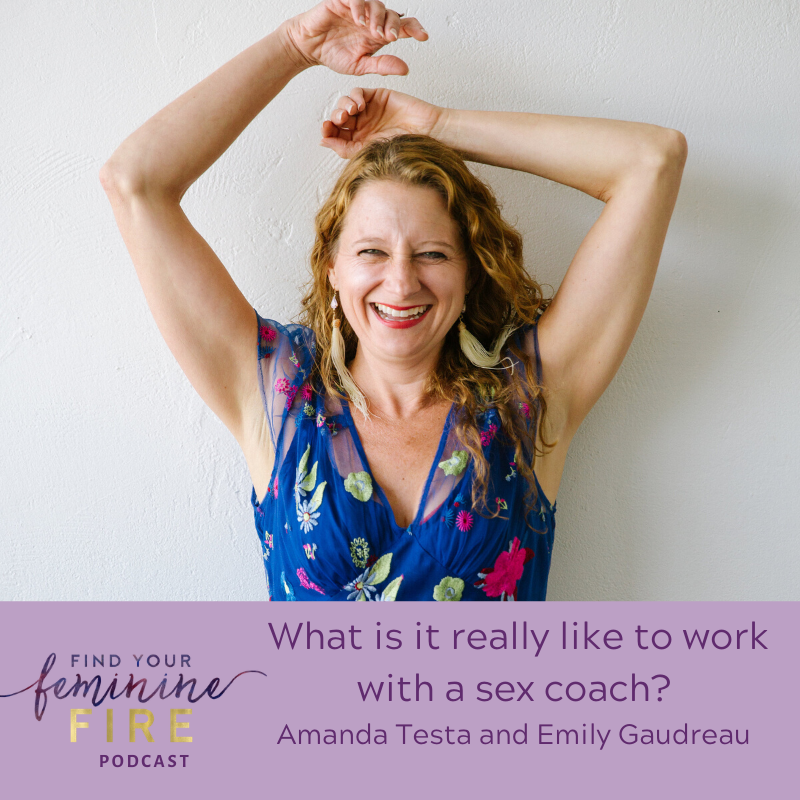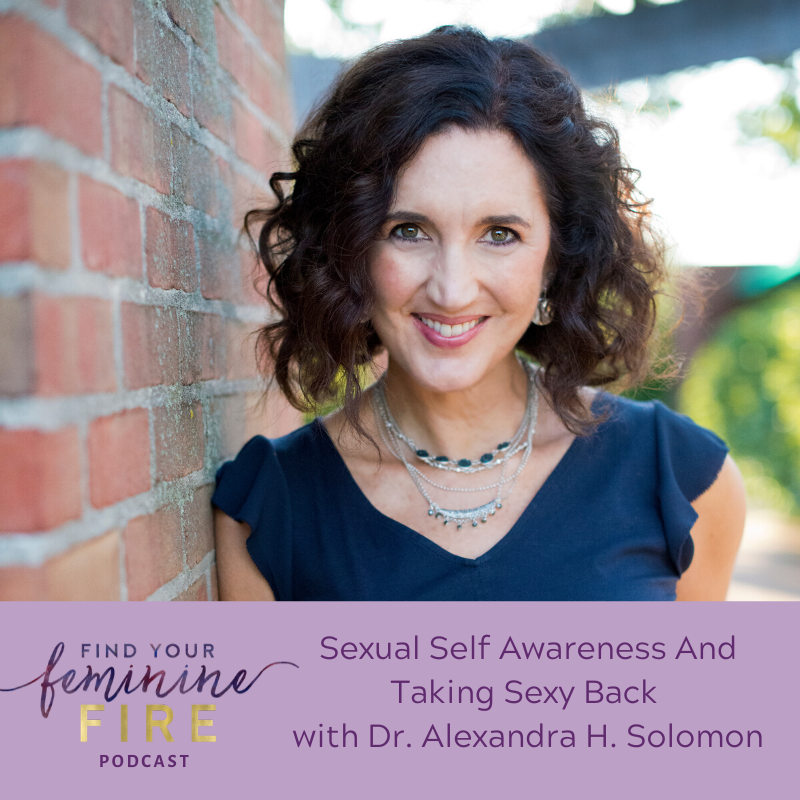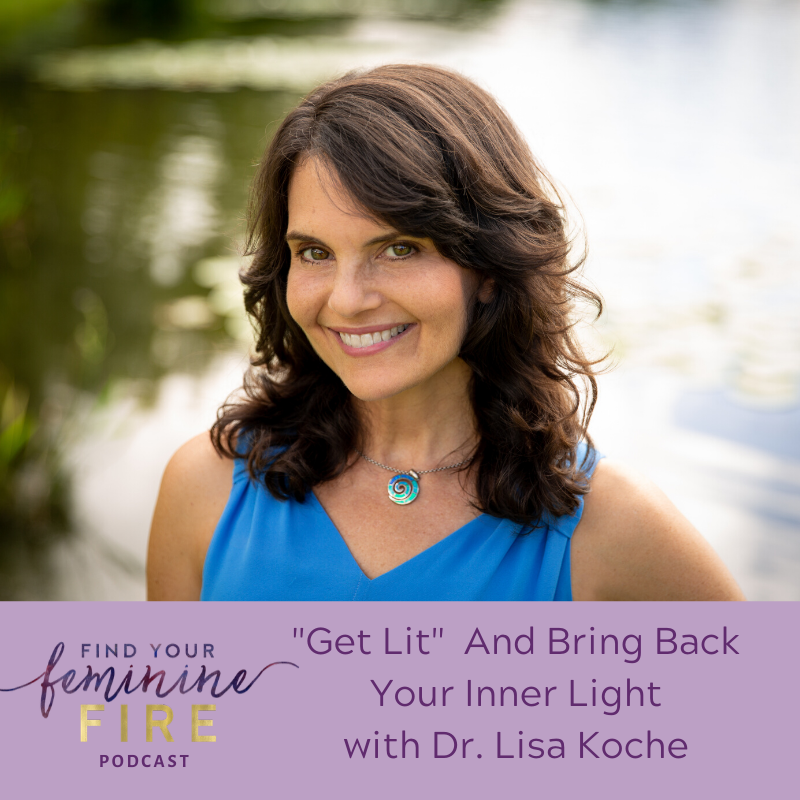Outsmarting Endometriosis.
If you are one of the 1 in 10 women who suffer from endometriosis, then tune into this episode as Dr. Jessica Drummond,DCN, CNS, PT, NBC-HWC and Founder and CEO of the Integrative Women’s Health Institute shares how to relieve your symptoms and get your life back on track.
In this episode you’ll discover
What are the symptoms of endometriosis, and why is it so hard to diagnose?What are some holistic ways to manage your endometriosis?How to create a “web of support”, and how to ask for and receive help.How to get control over your symptoms so you can feel more comfortable, and no longer just power through or be forced to quit. Understanding the pelvic floor and it’s importance as a foundational area of our bodies.and much more.
Wouldn’t it be nice to stop worrying about how your endometriosis symptoms are going to hold you back from the important things in your life?
Sought-after endometriosis, pelvic pain, and nutrition expert Dr. Jessica Drummond, DCN, CNS, PT, has helped thousands of women relieve their pelvic pain in over twenty years of practice. In her new book, Outsmart Endometriosis, Relieve Your Symptoms And Get Your Life Back On Track, she offers a comprehensive approach to managing your symptoms using simple, repeatable strategies, and without having to wait for an appointment with your doctor.
In this episode she shares how you can become the boss of your symptoms.
Thank you for listening! If you enjoyed this podcast, please subscribe HERE, leave a rave review and share with your friends!
Please join in the discussion on this episode and more in my free Facebook Group, Find Your Feminine Fire HERE.
Listen here or tune in via Apple Podcasts, Stitcher or Spotify.

